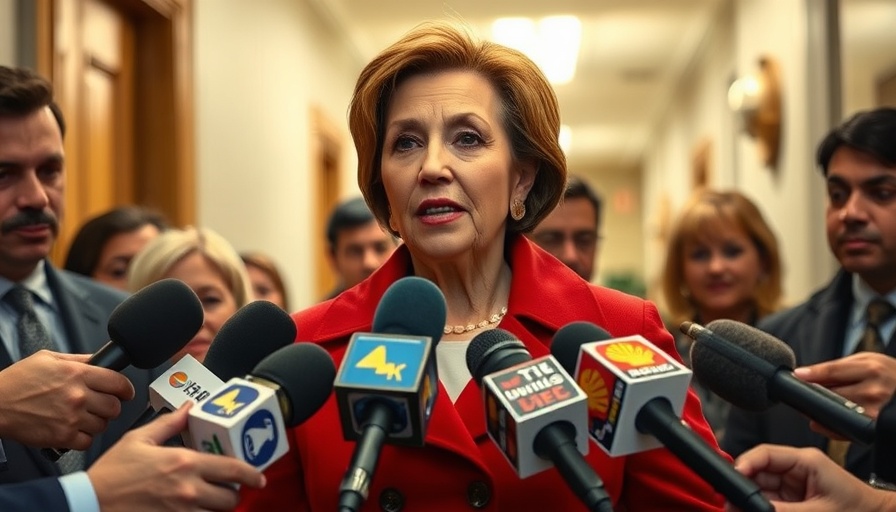
The Harsh Reality of Workplace Toxicity
A recent firsthand account from a former employee of Kiranakart Technologies, operating as Zepto, has unveiled a grim reality regarding workplace culture in some modern companies. The testimony sheds light on the toxic environment that can exist in startups, particularly in high-pressure sectors such as technology. This particular account stresses how issues surrounding mental health, workplace expectations, and management practices can have long-lasting detrimental effects on individuals.
Working Conditions That Shatter Confidence
The unnamed employee, just starting their career as a Data Analyst, discovered that the role was far from what they anticipated. Instead of engaging in meaningful data-driven work, they found themselves performing menial tasks within a grueling schedule of 12-hour workdays, often without breaks. This situation raises critical questions about labor practices and the responsibilities of employers to foster healthy working conditions.
Management's Role in Employee Well-being
The disturbing report also highlights the role of management in workplace well-being. The former employee recounts experiences of verbal abuse and intimidation by managers, an alarming trend that likely contributes to workplace toxicity. Numerous studies have shown that supportive management is essential for employee retention and satisfaction. However, when managers create an environment of fear and resentment, employee mental health suffers significantly, leading to burnout and decreased productivity.
The Importance of Clear Communication
An essential theme throughout the employee’s account is the lack of clear communication regarding job expectations and policies. The absence of clarity regarding working hours, leave policies, and support systems contributed to feelings of vulnerability and isolation within the workplace. Organizations that prioritize transparency and communication can not only enhance employee morale but also foster loyalty and reduce turnover.
The Connection to Mental Health
The impact of toxic work culture on mental health cannot be overstated. The ex-Zepto employee experienced significant psychological distress during and after their tenure, compounded by the pressures of hiding their struggles from friends and family. This aspect of their story emphasizes the necessity for companies to address mental health proactively rather than reactively. Encouraging open discussions about mental well-being within workplaces can help reduce stigma and encourage employees to seek help when needed.
Actionable Insights for Employers and Employees
Based on the troubling experiences shared, there are several steps employers can implement to mitigate workplace toxicity and support their employees:
- Establish Clear Policies: Companies should develop clear, accessible policies regarding working hours and support available for mental health.
- Improve Training for Managers: Providing training for management on effective communication can help reduce instances of verbal abuse and intimidation.
- Foster an Inclusive Environment: Encourage an inclusive culture where all team members can share their concerns without fear of repercussions.
- Encourage Open Communication: Regularly scheduled check-ins between employees and management can facilitate open discussions about workload and mental health.
The Path Forward
If you find yourself in a challenging work environment, it’s important to remember that you are not alone. Many employees experience similar struggles, and seeking dialogue within your organization or turning to external resources can provide much-needed support. Furthermore, for job seekers, researching company culture and reading employee testimonials can offer insight into what to expect, helping individuals avoid the pitfalls described by the former Zepto employee.
The disturbing portrayal of workplace conditions shared by the former employee should serve as a wake-up call for both employers and employees. By prioritizing mental health, fostering transparency, and maintaining open communication, the corporate landscape can evolve into a more supportive and productive environment.
As we strive for better working environments, let’s advocate for healthy workplaces where employees are encouraged to thrive, not merely survive.
 Add Row
Add Row  Add
Add 




Write A Comment